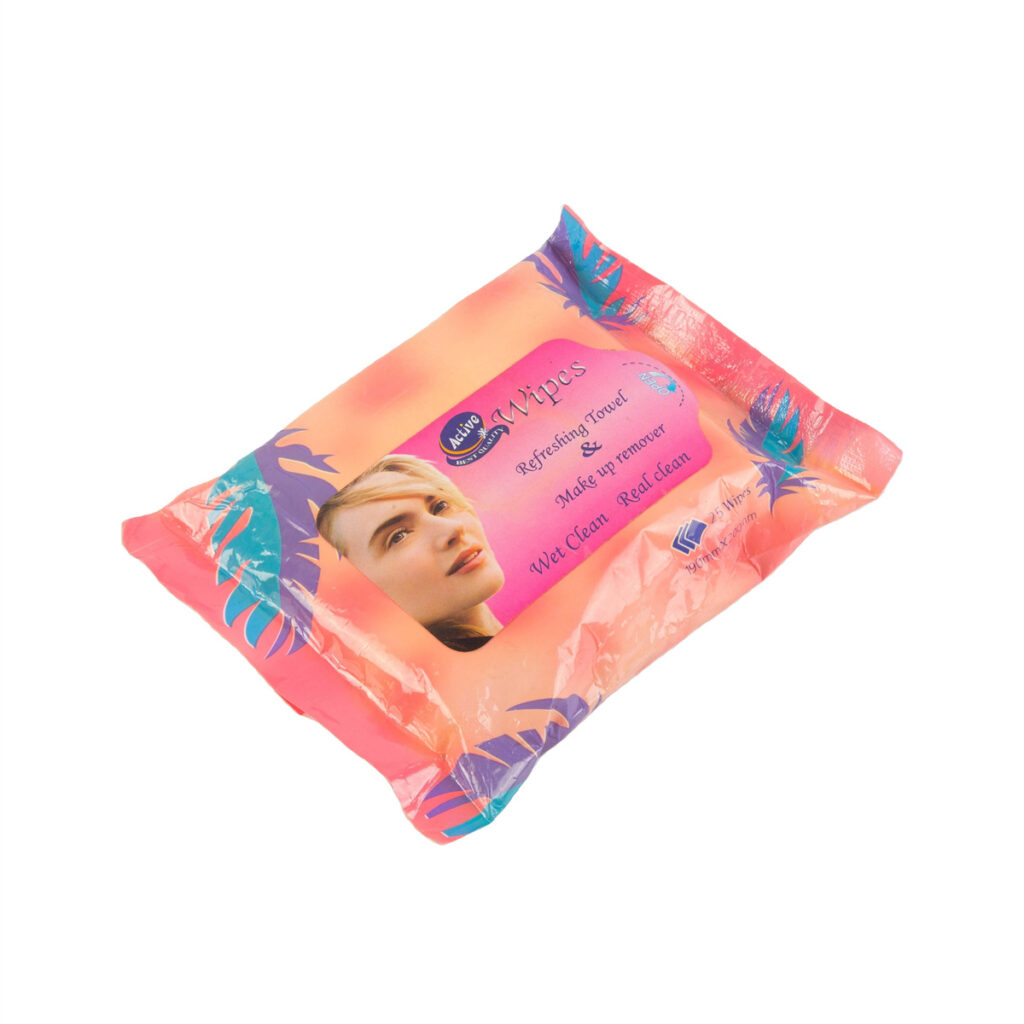Here are some useful features to consider when choosing custom wet wipes:
Disinfecting power
For wipes used for healthcare, medical or cleaning applications, look for options with disinfecting agents like chlorine dioxide or citric acid to kill bacteria and viruses. Higher concentrations tend to be more effective at disinfecting.
Alcohol content
Alcohol-based wipes are good for quick disinfection and sanitation. Look for at least 70% isopropyl alcohol for effective disinfection. Alcohol also provides some residual protection between wiping.

Fragrance
Choose unscented, lightly scented or specific fragrance options depending on your needs and preferences. Fragrances can be added to mask other odors but some users prefer unscented.
Moisture content
Wipes should be damp but not soggy. Around 40-60% moisture content is typical. Drier wipes may not clean or disinfect well while wetter wipes can tear or scratch surfaces.
Thickess
Consider the thickness of the wipe material and any layers. Thicker wipes tend to be more durable and abrasion resistant but thinner wipes may conform better to surfaces. Multi-ply wipes also provide strength and absorbency.
Substrate material
Common materials include cotton cellulose, wood pulp, polyester, microfiber and bamboo. Cellulose is breathable and absorbent but less durable. Polyester and microfiber are very durable and abrasion resistant. Consider properties like softness, strength, absorbency and durability.
Perforations
Perforated or torn-off wipes can be more convenient than folded wipes. Perforations allow you to tear off just the amount of wipe material you need for the task. Not all wipes come with perforations so check if this feature is important.
Dispenser compatibility
If using a custom dispenser, ensure your wipes will properly dispense from that container. Check details like size, perforations, thickness that will affect how the wipes feed and tear from the dispenser.
Scent
Unscented wipes are hypoallergenic and odorless as scents can irritate sensitive skins or mask other smells. Lightly scented or natural essential oil scents are also options. Strong chemical scents should be avoided.
Recyclability
For environmental friendliness, look for wipe materials and any adhesive/glue used that can be composted or recycled. Some materials like wood pulp are highly compostable while polyester is usually not recyclable.